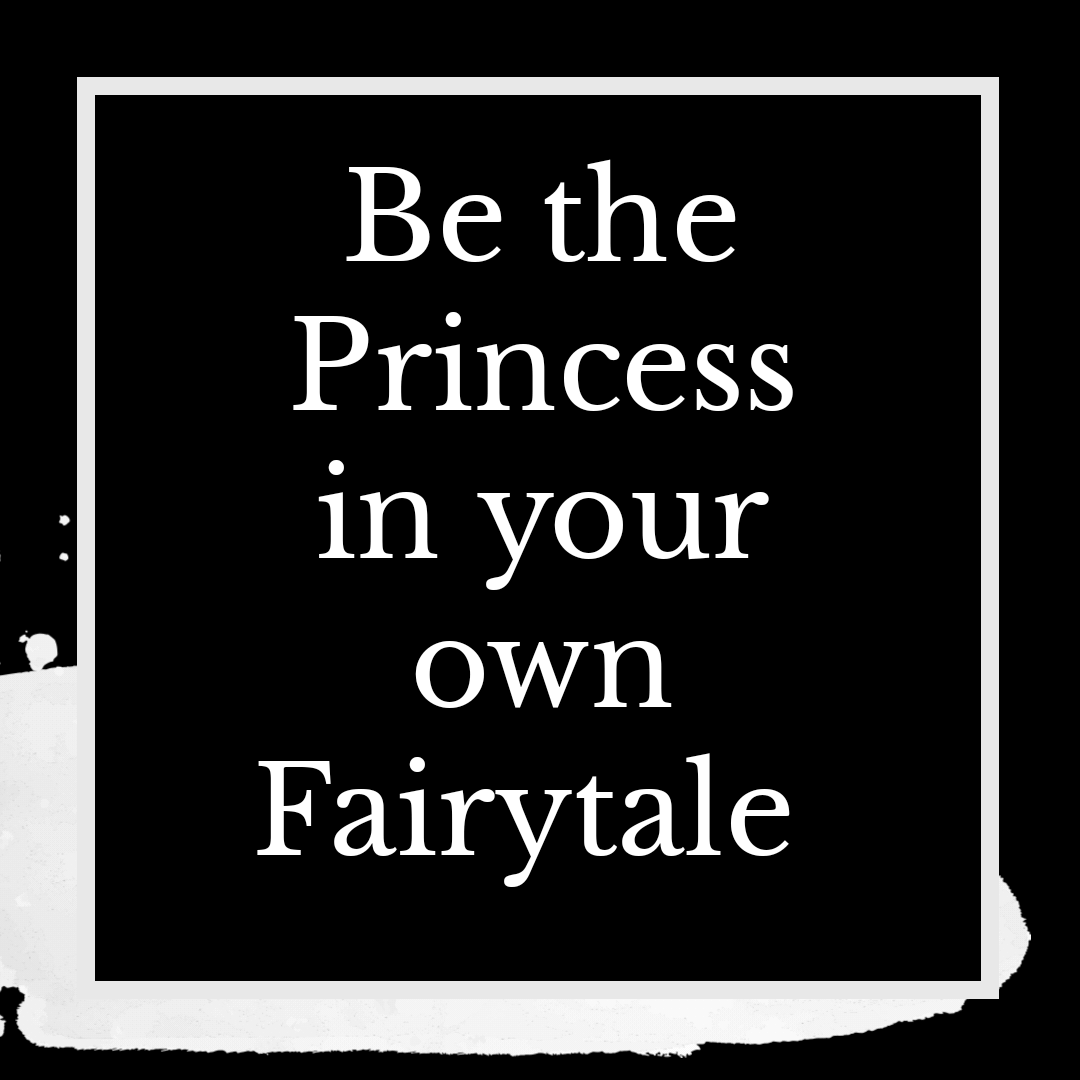loving yourself a little
LOVE YOURSELF A LITTLE
It's no secret that low self-esteem is something that blights the lives of many people. Pioneers of body image and self-esteem boosting projects such as Dove's #NoLikesNeeded campaign, Tess Holliday's ground-breaking #EffYourBeautyStandards and activist groups such as Health at Every Size (HAES) do so much for paving the foundations for a positive and healthy image conversation. In spite of this image positive activism, there are still an inordinate number of people whose lives are tainted by self-esteem issues. More, it seems, needs to be done. So what can we do as individuals to help improve their self esteem?
1. Don't engage in, or encourage negative image conversations.
No bad thoughts! No bad words! No bad conversations! Don't encourage your friend to talk negatively about themselves or others, as soon as the seed is planted that they don't look good enough, or can't achieve something, or that this person is better than them, or that they're failing at something, it won't take long for the seed to grow into an overbearing and all-consuming tree of negativity. So don't let it happen!
2. Tell them you love them and why.
The chances are that your friend with low self-esteem doesn't love themselves very much, so you've got to make sure that they feel the love somehow! Tell them you love them and why, it means a lot to hear that you mean something to someone - so whether you love them because they make an amazing cup of tea or because they are the most loyal friend you've ever had, make sure they know that they're worth something to you.
3. Actively share positive things with them.
If you find something that you think would cheer your friend up, then send it to them! A positive quote, photo, meme, letter or gift means a lot to someone who's feeling crappy about themselves - it shows that you're thinking of them and that someone cares about them, even when they can't summon up the strength to care for themselves.
4. Encourage self-care.
On that note: encourage self-care. Try to help your friend take care of themselves - whether that comes in the form of a bubble bath and pamper night, dinner and a movie, going for a walk, getting their hair done, hitting the gym, getting involved with something that they love - find out what makes them feel happy and content and then help them achieve that!
5. Be caring, but be firm.
Sometimes you have to be cruel to be kind, but make sure that your friend knows that you are there for them. Better self-acceptance doesn't happen overnight and they have to realise that they need to help themselves as well, so if you think that they need to pull up their socks, then tell them! But be there to give them a shoulder to cry on too.
6. Compliment them, and help them accept compliments.
The occasional compliment goes a long way in helping someone feel more accepting of themselves exactly as they are. It goes without saying that someone with low self-esteem will have a hard time accepting compliments, but if you are patient and bide your time, they might soon see the wondrous things about themselves that you've seen all along.
7. Don't tell them how to feel.
Do not tell them to cheer up. Do not tell them that they should be happy. Do not tell them how to feel. Someone with low self-esteem is vulnerable and more susceptible to down time, so let them have it. If they want to talk to you about how they are feeling, then let them, but don't second guess them or dictate how they are supposed to be feeling.
8. Help them change their focus.
Try to find the positive things in your friend's life: things that they are good at, personal achievements, relationships, the things they have (and will) accomplish, encourage them to look forward to a bright future, help them see their beauty. Help them change their focus and realise that their fate isn't prescribed by society, that they get to decide how their life plays out.
9. Give them a challenge to conquer.
Setting personal self-love challenges will not only further them in their journey to a higher level of self-esteem, but completing challenges will help your friend to feel proud of themselves. Pride is something that doesn't come very often when you have self-esteem issues, so finding that you can feel proud of yourself once again is a hugely positive step in the right direction.
10. Help them be resourceful.
There are so many activists, projects and people out there on social media that you'd be hard-pushed not to find someone with whom you can identify.
Inspired by @huffpost
@huffpostin @huffpostwomen @huffingtonpost_



Comments
Post a Comment